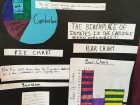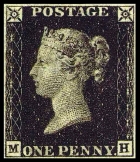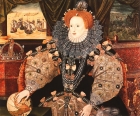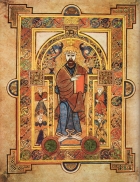Change and continuity
This particular concept is more appropriate for fourth stage Key Stage 1 than Key Stage 2. It is about developing an understanding of the idea that some things change while others old and new stay the same. A house for example will both have doors and windows (continuity) but what those doors are made of and how they work will be different (change) this is about comparing and contrasting in particular to your students own experiences and lives. This should become a process that children can apply in a less explicit manner across Key Stage 2. Read more
-

Teaching ‘changes within living memory’: making the most of your school
ArticleClick to view -

Using picture books to explore ideas around history with very young children
ArticleClick to view -

Teaching about the German Occupation of Jersey through the Occupation Tapestry
ArticleClick to view -

Coherence in primary history: How can we get children to see that their history links up?
ArticleClick to view -

How did a volcano affect life in the Bronze Age?
ArticleClick to view -

Film: What's the wisdom on... Change and continuity (Primary)
ArticleClick to view -

Migration to Britain through time
ArticleClick to view -

Making the most of a census
ArticleClick to view -

Teaching crime and punishment as a post-1066 theme
ArticleClick to view -

Turning technology: making life better in Iron Age Britain
ArticleClick to view -

The Elizabeth cake
ArticleClick to view -

Getting to grips with concepts in primary history
ArticleClick to view -

Overground, underground and across the sea
ArticleClick to view -

Coherence in primary history
ArticleClick to view -

Learning about the past through toys and games
ArticleClick to view -

So was everyone an ancient Egyptian?
ArticleClick to view -

Using shoes as an historical source
ArticleClick to view -

Our Iron Age challenge
ArticleClick to view -

Teaching history and geography together in a meaningful way
ArticleClick to view -

Using original sources
ArticleClick to view

